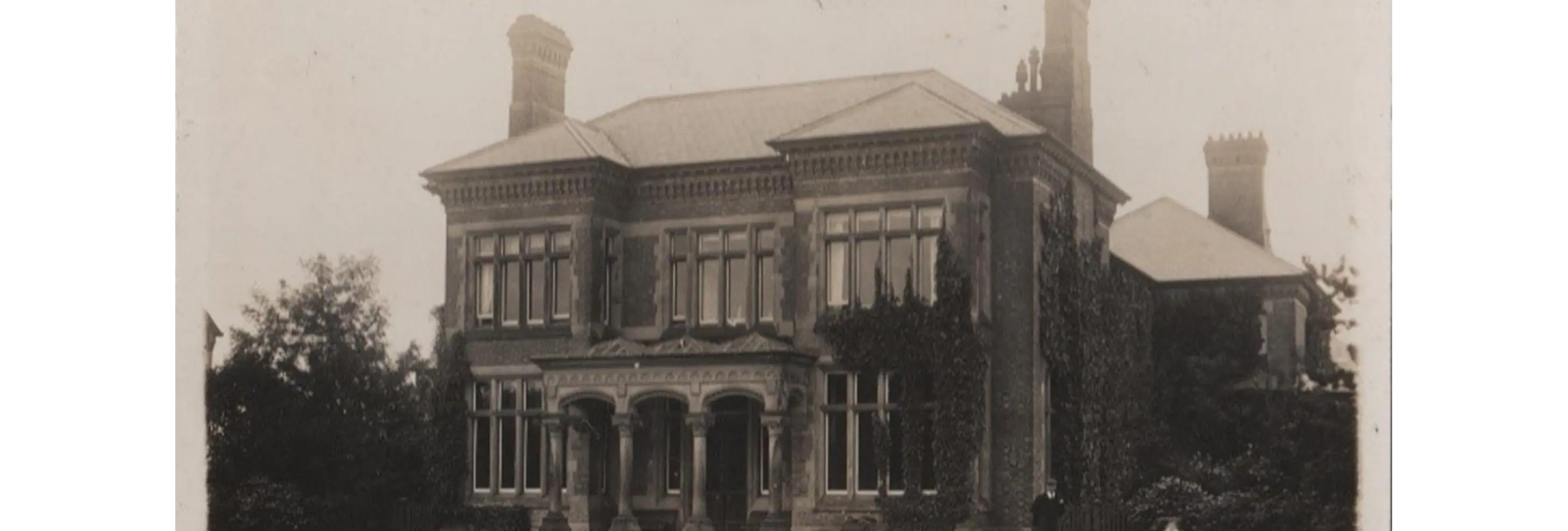Website showcases culmination of research gathered during two-year project
The launch of Whittingham Lives new website is the legacy of a two-year arts and heritage project that explored the 150-year history of Whittingham Asylum in Preston.
The project researched and critically reviewed the culture and legacy of Whittingham Asylum, reflecting on the past within the present with the aim of provoking critical thinking and public debate on mental health to make a better future.
The website has been designed and produced by The PDF digital co-operative, made up of University of Central Lancashire (UCLan) staff, alumni, current students and freelancers. It showcases the many events, exhibitions, performances, and conferences. All of which made the project a huge success, bringing together local community groups, service users and members of the public with an interest in Whittingham Asylum.
"The new website ... has shown us how an interest in our shared history can be an incredibly powerful starting point for addressing vital issues concerning how to better shape the response of our communities to mental distress."
— Professor Mick McKeown, Chair of Whittingham Lives Association and UCLan lecturer
Professor Mick McKeown, Chair of Whittingham Lives Association, said: “The new website details the many different facets of a hugely successful arts and heritage project focused on the archives of Whittingham Asylum, and has shown us how an interest in our shared history can be an incredibly powerful starting point for addressing vital issues concerning how to better shape the response of our communities to mental distress.
“We are grateful to all our funders and partners including The National Lottery Heritage Fund, Arts Council England, University of Central Lancashire, Unison, Music and the Mind, Lancashire & South Cumbria NHS Foundation Trust, Lancashire Archives and Lancashire County Museum Service.”
Mark Porter of The PDF added: “It has been great to work on helping the Whittingham Lives team preserve this fantastic project digitally and to create a long-term home for the content. Hopefully, this will help the project reach a wide audience and inspire further research into a fascinating subject.”
Visit the Whittingham Lives website.

